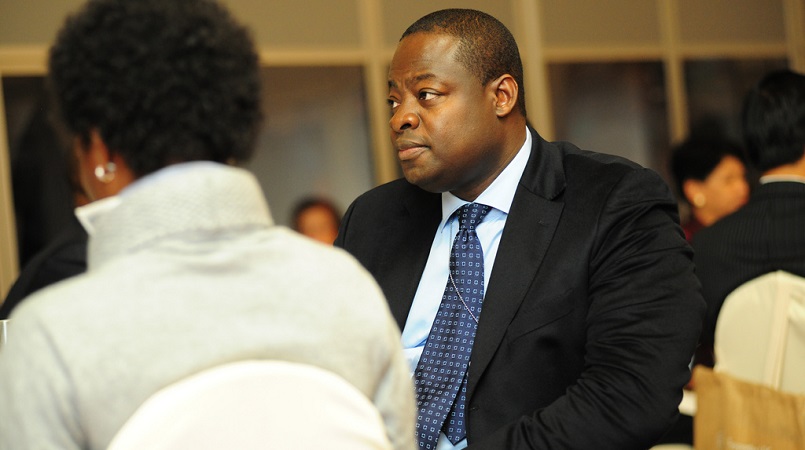
Pacific leaders have been told the cost of doing business in the islands will be greatly reduced if there are fewer trade agreements in the region.
The advice came from Dr Edwini Kessie when he addressed Pacific leaders who are members of the African, Caribbean and Pacific (ACP) bloc of states that met in Port Moresby in the lead up to the Pacific Islands Forum Leaders summit this week.
Dr Kessie is the Chief Trade Adviser for the Pacific Islands, overseeing the Forum member nations’ free trade agreement negotiations on PACER Plus with Australia and New Zealand.
As a region, Dr Kessie said the Pacific has too many trade agreements that are overlapping and costly.
“The FICs (Forum Island Countries) cannot afford to have multiple and overlapping trade agreements. Not only do they increase the cost of doing business in the region, which already is among the highest in the world, they also deter foreign direct investment.
“There needs to be a consolidation of the trade agreements in the region in the near future.Increasingly, we are witnessing preferential trade negotiations that would create mega-regional trading blocs, including the TPP, TTIP and RCEP.
“While the combined population of around 40 million of PACER Plus Parties pales into insignificance when compared with the population of these mega-regional trading blocs, it would provide enormous opportunities for FIC firms to become international players as they grow and strengthen their productive capacities and operations through increased trade in the region, particularly with Australia and New Zealand.
“It will also provide them with an opportunity to participate in regional and global value chains which offer routes to new export markets and expansion of business opportunities. A dynamic PACER Plus Agreement will increase business activity within countries and in the region generating highly paid jobs and enhancing living standards.
“The Pacific region has enormous potential and now is the time to work to make this a reality. Concluding and implementing an ambitious PACER Plus Agreement will be an unmistakable signal that the FICs are committed to playing a greater role in the global economy and enhancing the living standards of their people.”
Dr Kessie told Pacific leaders that development forms a key component of PACER Plus in keeping with the directions they themselves directed negotiators in their 2009 Forum.
“Development permeates throughout the draft Agreement, firmly anchored on the principle of special and differential treatment. It recognises the unique circumstances of the FICs, and does not impose onerous obligations on them.
“It upholds the right of the FICs to regulate in the public interest and provides adequate policy space for the FICs to pursue development-oriented policies that would promote economic growth on a sustainable basis.”
The Chief Trade Adviser said to date, negotiations have concluded on:
●Customs Procedures (Trade Facilitation)
●Development Assistance
●Dispute Settlement
●Initial Provisions, Institutional Provisions, Final Provisions and Transparency
●Investment
●Labour Mobility
●Sanitary and Phytosanitary Measures
●Technical Barriers to Trade; and
●Trade in Services
What remains and making good progress he said were negotiations on trade in goods, rules of origin and the temporary movement of natural persons, before tackling schedules of commitments for trade in services, the temporary movement of natural persons, investment and trade in goods.
Dr Kessie told leaders they expected to wrap up most of the pending chapters in their next round of negotiations scheduled for October in Melbourne, Australia.
He submitted that leaders renew their confidence in the PACER Plus negotiations as an instrument for promoting regional integration in the Pacific and assisting the FICs to achieve robust economic growth and sustainable development.
He also urged them to note the substantive progress made in the PACER Plus negotiations and request that Ministers responsible for International Trade ensure that their negotiators exercise the necessary flexibility in the negotiations to ensure the rapid conclusion of a high quality trade and investment agreement at the latest by June 2016.
